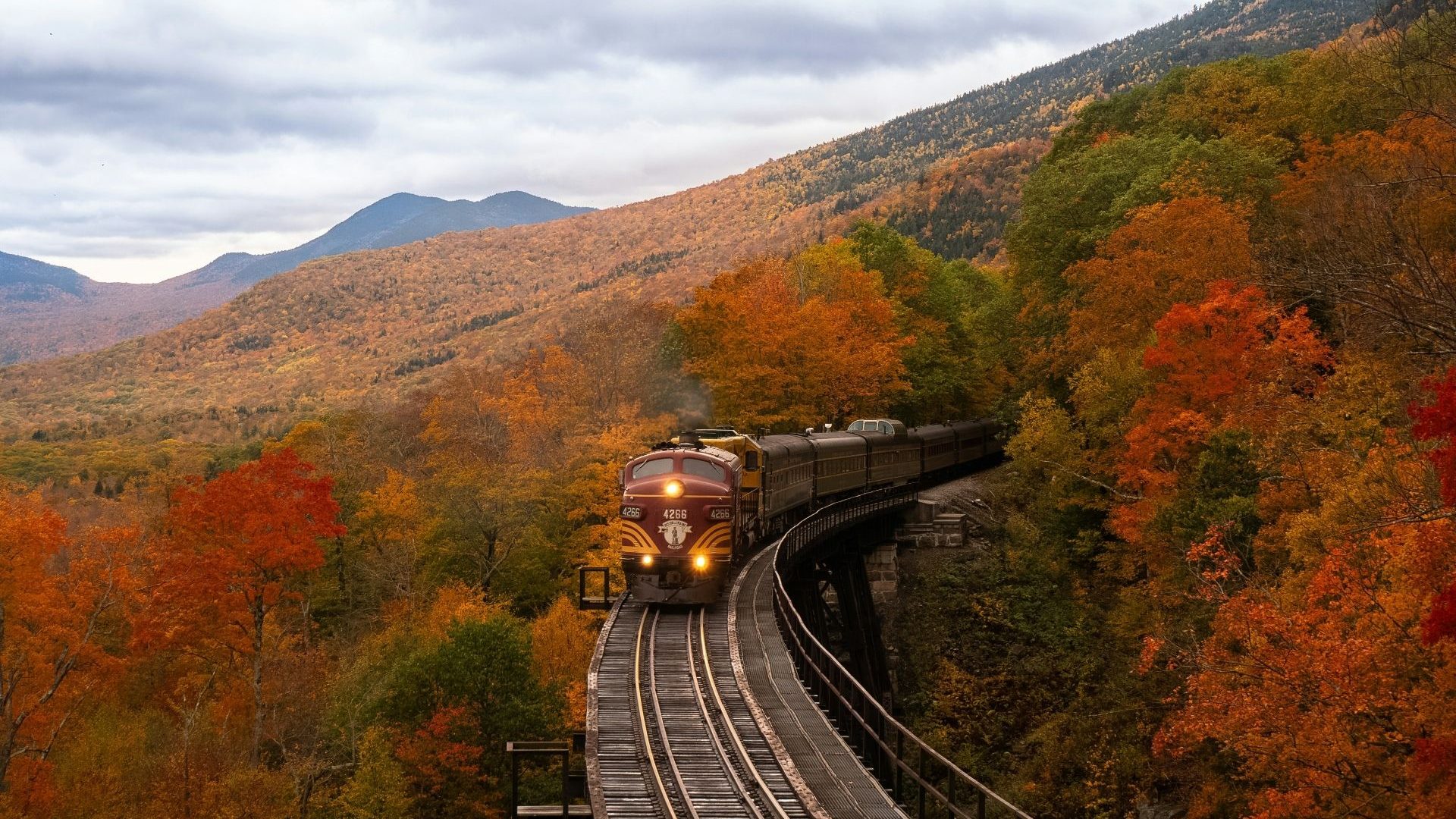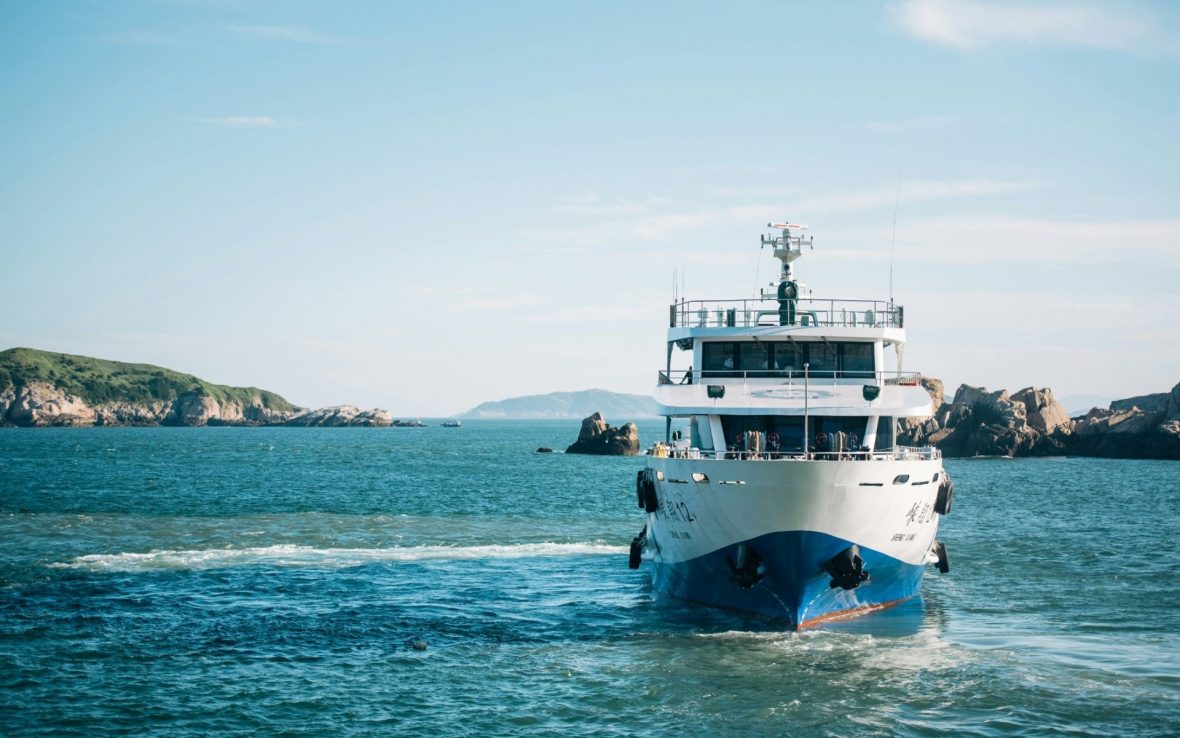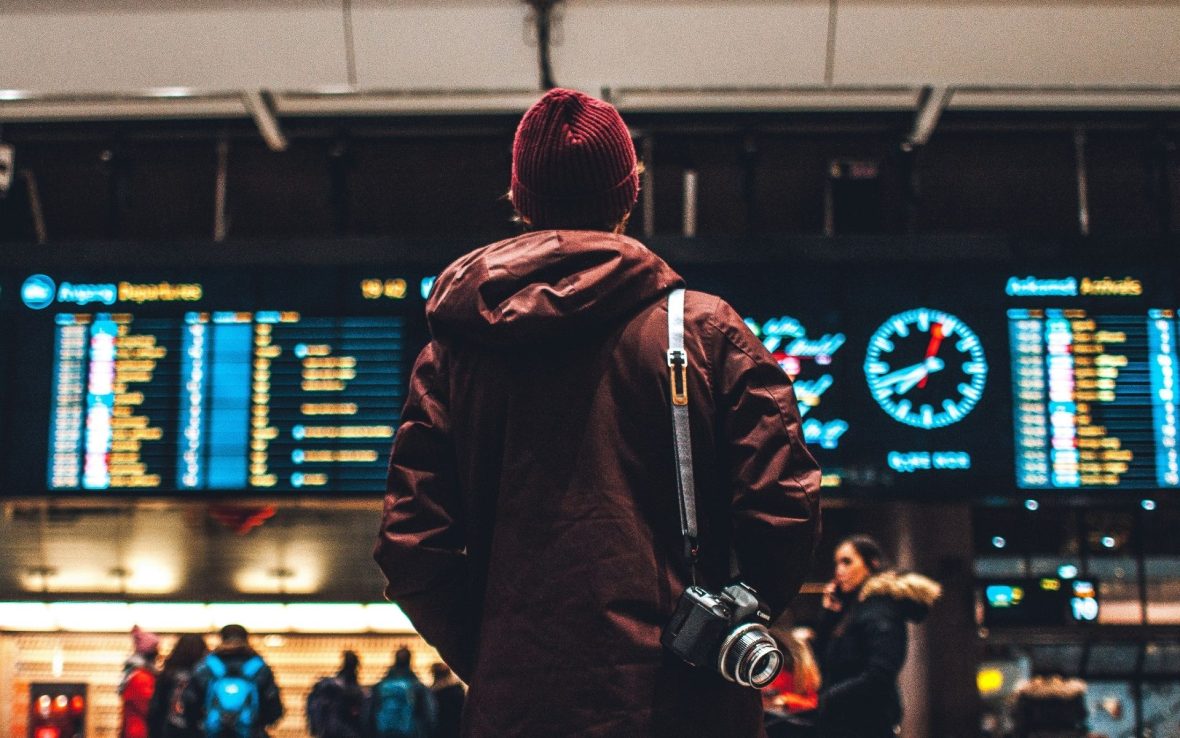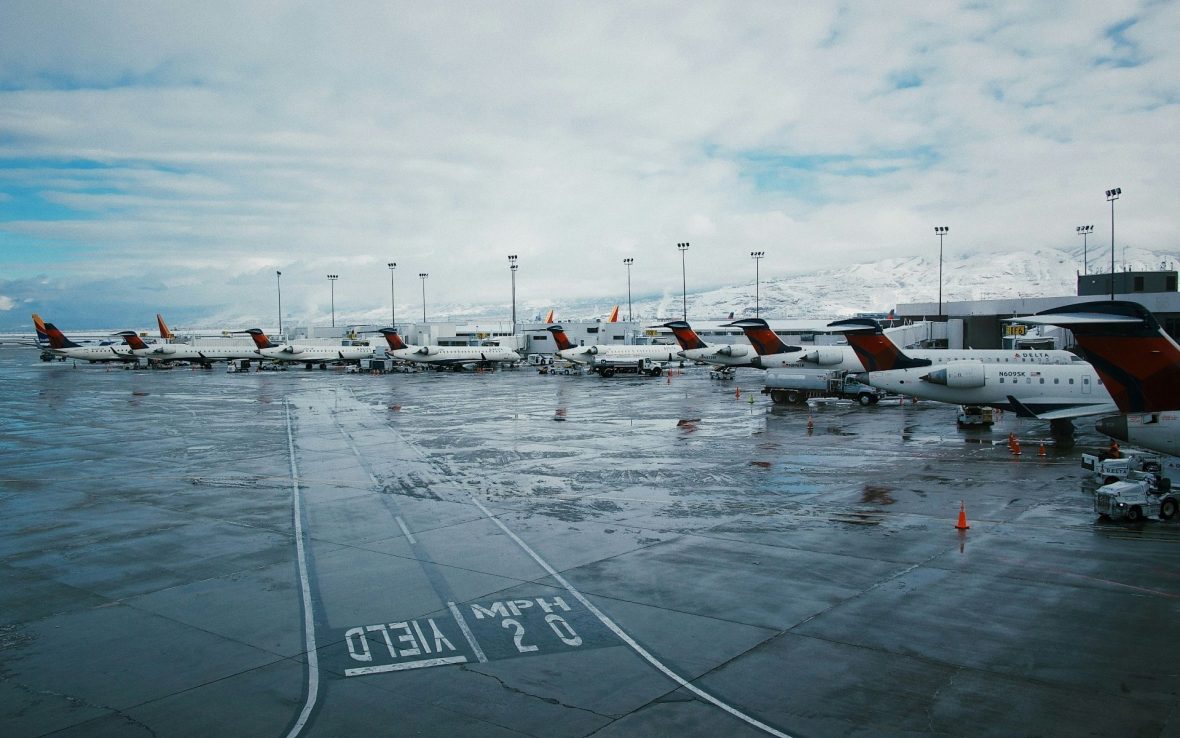
These companies are giving their employees extra paid time off if they forego flights in favor of travel by land or sea. Would you do it?


These companies are giving their employees extra paid time off if they forego flights in favor of travel by land or sea. Would you do it?
There’s a new trend in employee benefits in the UK, and it’s a snazzy one: Over 160 companies are now offering their employees extra paid time off if they commit to avoid flying to their vacation destination.
This extra PTO—one to two days per year—comes standard for employees at companies that have joined a corporate membership scheme called Climate Perks. The goal isn’t to reward employees for not traveling, but to help compensate for the extra time it takes to travel by train, bus, or ferry than by air.
“At Climate Perks, we believe you shouldn’t have to sacrifice your precious annual leave to choose clean travel,” the organization says in a slide deck laying out its benefits and impact. So far, an estimated 2,500 tons of CO2—roughly the equivalent of driving around the Earth 20,000 times—has been avoided by employees choosing cleaner travel thanks to Climate Perks.

Brits fly more than residents of any other country except for the US and China, even though the UK is well-connected to Europe by ferry and undersea railway. About two-thirds of Brits say they’d prefer to fly less for environmental reasons, but according to Climate Perks, they’re often forced to choose flights. Why? Because cleaner transit takes too long.
By joining for a modest, pay-what-you-can annual fee, member companies get access to language and documentation they can use to update their employee handbooks and corporate policies, making it easier to implement. Employees also get discounts from companies like the flight-free Byway, which offers long-distance rail journeys through Europe using the Interrail Pass, and Canopy & Stars, an Airbnb alternative for cabins, glamping, and remote destinations.
Offering perks for being a better environmental steward isn’t exclusive to the workplace. Last year, the city of Copenhagen launched Copenpay, a tourist ‘rewards’ program. Dozens of local businesses offered free or discounted drinks, meals, activities, and museum tickets to tourists who showed evidence of specific clean deeds, such as traveling by bike or public transit, or volunteering to help clean up litter around the city.
It worked, evidently extremely well: During the pilot for Copenpay, bike rentals in Copenhagen went up 29 percent, according to Skift. More than 100 cities around the world have since been in touch with the city’s tourism board, Wonderful Copenhagen, to ask for advice on how to repeat the program themselves.
Right now, it’s a seasonal program for summer tourists, but they hope to eventually make it a year-round program, Rikke Holm Petersen, director of marketing at Wonderful Copenhagen, told Skift. “My dream is that we could have it all year round.”

While the EU is reportedly re-opening debate about short-haul flight bans such as those enacted by Spain and France, rail journeys have increased worldwide even without such mandates. Combined with more British companies joining Climate Perks, this could signal a broader trend about travelers’ commitment to cleaner travel, according to Skift.
Last year, Amtrak—the national train service for the US—reported a 15 percent increase in riders, setting an all-time record. Eurostar also transported a record number of passengers, and has ordered 50 new trains to increase capacity.
New train routes and sleeper services have debuted across the world, too, as there seems to be a renaissance of train travel. Last year, Mexico completed a 966-mile (1,554-kilometer) train route around the Yucatán Peninsula. This summer, Amtrak finally reopened rail service between New Orleans and Mobile, Alabama, where tracks had been destroyed by Hurricane Katrina about 20 years ago.

Climate Perks is UK-based, and for now, most member companies seem to be sustainability- or travel-focused, including the John Muir Trust, Byway, and Much Better Adventures. But that doesn’t mean other companies shouldn’t get on board, too.
In fact, it appears to be a wise employee retention tool. A Deloitte survey that found 70 percent of Millennials and Gen Z workers will consider a company’s sustainability practices when they’re deciding between jobs.
But it’s not just current and prospective employees who might view brands more positively if they prove, as Climate Perks members do, that they’re working to remove barriers to making more sustainable choices. It’s also a signal to prospective clients—and that’s just good business.
***
Adventure.com strives to be a low-emissions travel publication. We are powered by, but editorially independent of, Intrepid Travel, the world’s largest travel B Corp, who help ensure Adventure.com maintains high standards of sustainability in our work and activities. You can visit our sustainability page or read our Contributor Impact Guidelines for more information.

Kassondra Cloos is a travel journalist from Rhode Island living in London, and Adventure.com's news and gear writer. Her work focuses on slow travel, urban outdoor spaces and human-powered adventure. She has written about kayaking across Scotland, dog sledding in Sweden and road tripping around Mexico. Her latest work appears in The Guardian, Backpacker and Outside, and she is currently section-hiking the 2,795-mile England Coast Path.








Can't find what you're looking for? Try using these tags: